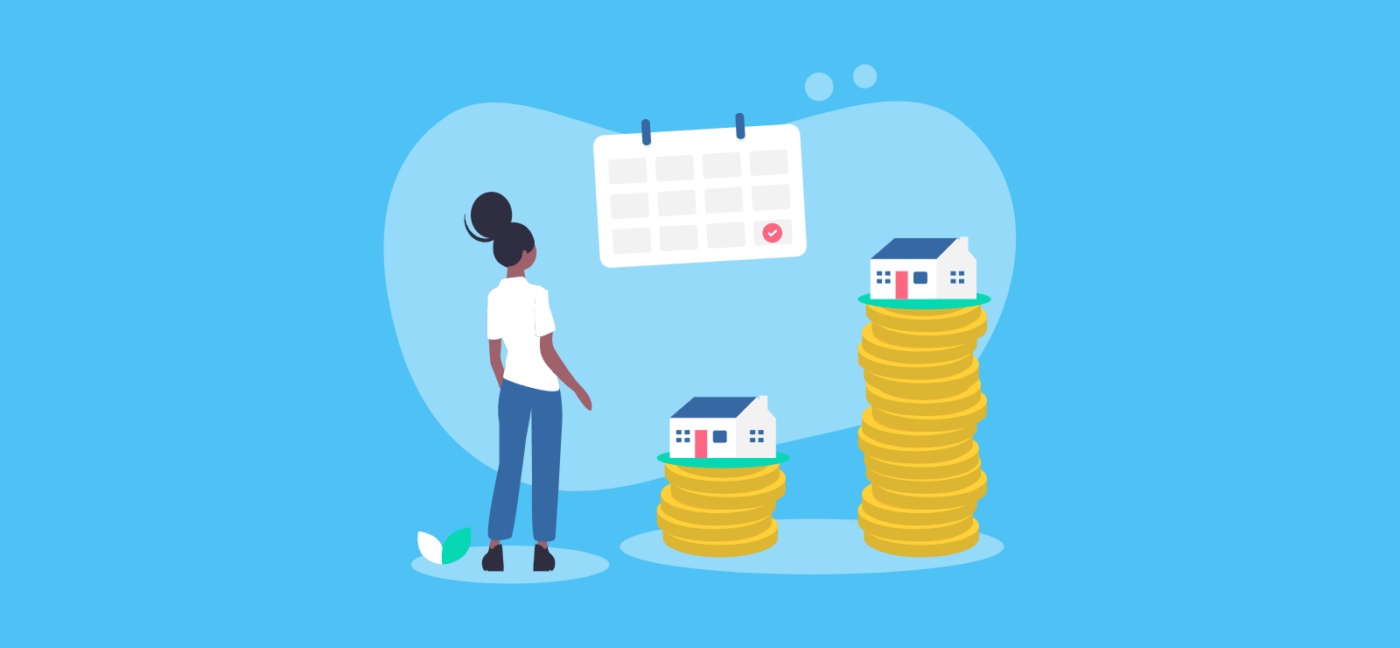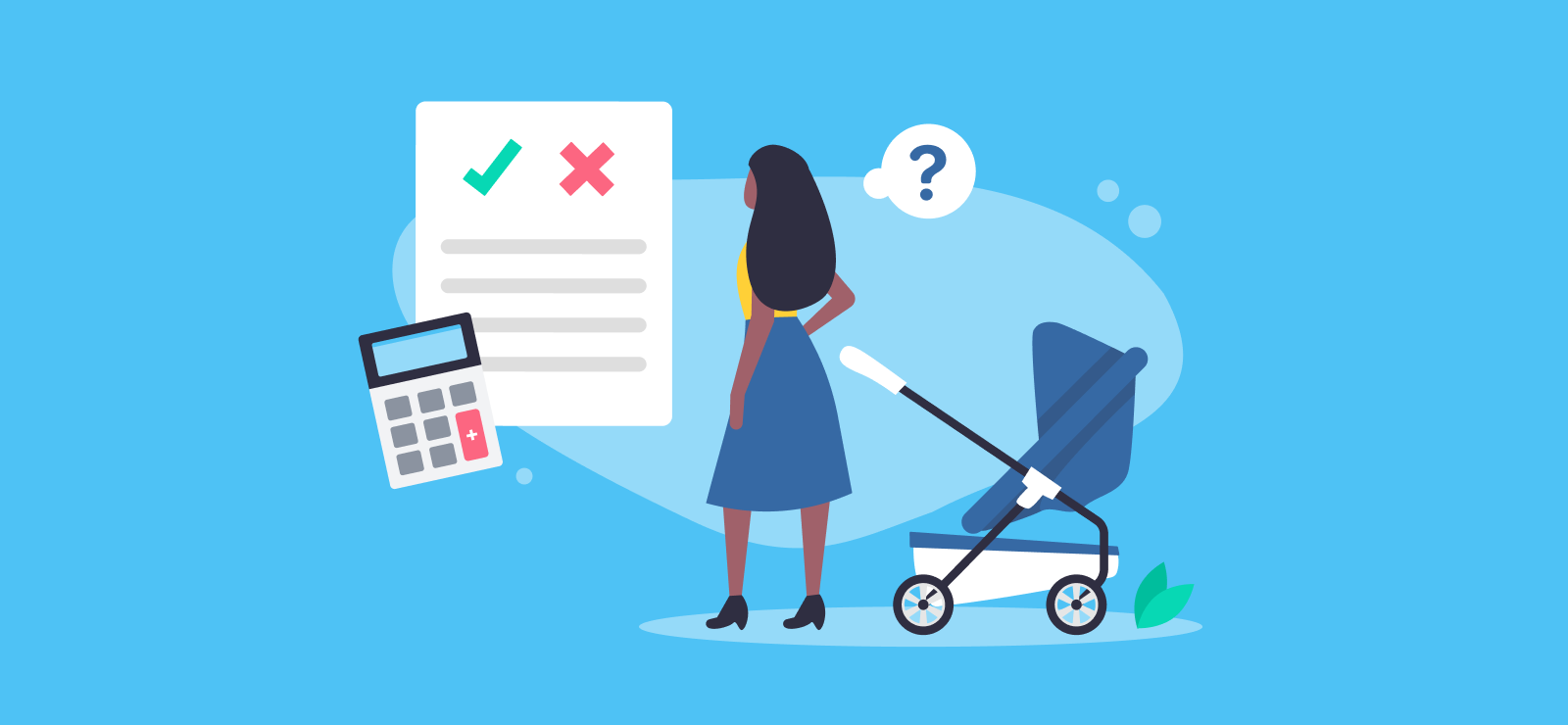

A Guide to Capital Gains Tax on Property
Capital Gains Tax (CGT) is paid on the difference between what it costs to acquire or purchase an asset, and its disposal or sale price. Our introductory guide to the basics of Capital Gains Tax looks at how CGT works with a range of assets, but in this article we’ll focus on what it means for property.
What is a “disposal”?
When we talk about Capital Gains Tax we tend to talk about ‘disposing’ of the asset, or a ‘disposal’. It’s a crucial point because money doesn’t actually need to change hands in order to trigger Capital Gains Tax.
As well as selling your asset, a disposal can mean transferring it to a third party that isn’t a spouse, civil partner, or charity, for instance. To calculate the ‘gain’ in that situation, you’ll use the market value at the time.
In other words, you might still need to think about Capital Gains Tax, even if you didn’t actually make a sale.
Will I pay Capital Gains Tax if I inherit property?
Inheriting a property normally falls within Inheritance Tax rules rather than Capital Gains Tax, although you may need to pay capital gains if you then go on to dispose of the property at a later date.
Do I need to pay Capital Gains Tax if I sell my house?
Not all of your assets are considered ‘chargeable’ and liable for Capital Gains Tax, so you won’t normally need to pay it if you sell the home you live in. You might need to pay Capital Gains if you dispose of:
- A property which isn’t your main home
- Your main home if you let all or part of it out (although this doesn’t include having a lodger), use it for a business, or if it’s very large (5,000 square metres or more)
- Business assets, including commercial property
Do I need to tell HMRC if I sell a property overseas?
Yes, you still need to report the sale of an overseas property to HMRC if you are a UK resident, even if you’ve already paid Capital Gains Tax in that country. You may be able to claim tax relief to mitigate the double taxation if you pay it both overseas and in the UK.
Non-residents who return to the UK within 5 years of leaving must also tell HMRC and pay UK tax on gains from overseas property. We have a separate guide which explains how to work out your tax residency status.
How much Capital Gains Tax will I pay on property?
Capital Gains Tax is charged as a percentage of the profit you make when you dispose of the asset. The rate varies depending on the type of asset you need to pay tax for, and the rate of income tax you normally pay. Basic rate taxpayers must pay 18% of the profit they make from residential property. Higher rate taxpayers pay 24% on property disposals.
How do I report capital gains?
HMRC won’t automatically send you a bill for any chargeable gains, so it’s your responsibility to report a Capital Gain and pay tax on it. There can be hefty penalties for failing to report or pay tax on time! The way you report a chargeable gain for Capital Gains Tax depends on what you need to report. There are special rules for reporting gains on residential property.
Assets that are not residential property
- You can report these through your Self Assessment tax return if you normally submit one
- Report the gain by 31st December in the tax year after the disposal
- Pay any Capital Gains Tax you owe by 31st January
For example, a chargeable gain you made in the 2024/25 tax year must be reported by 31st December 2025, and the tax paid by 31st January 2026.
How do I report gains if I don’t normally submit a Self Assessment tax return?
If you aren’t registered for Self Assessment, you can report a chargeable gain using HMRC’s real-time online Capital Gains Tax Service. The deadlines are the same as for reporting and paying under Self Assessment.
Special rules for reporting the chargeable gains on residential property
The rules for reporting chargeable gains on the disposal of residential property are different to disposals of other assets.
- You cannot report gains on residential property using the real-time Capital Gains Tax Service or Self Assessment
- You must report the gain within 60 days of disposal
Failure to report the gain within 60 days may result in penalties and interest on the amount due. You’ll need to open an online CGT on UK property account using your Government Gateway ID. If you can’t use this service, you can request a paper form from HMRC.
What information will I need to report for CGT?
In order to report a gain, you’ll need some key information to calculate it, including:
- The amount you bought and disposed of the asset for. You must use the market value of the asset if it was transferred without payment, or if the disposal was significantly above or below market value.
- Evidence of how you determine the market value. HMRC can challenge this and make their own assessment if they don’t agree with yours.
- The dates of acquisition and disposal
- Any costs involved in the purchase or disposal, including legal fees, valuation costs, and agent’s fees
- The cost of any improvements or refurbishment
- Documentary evidence of all the above
Learn more about our online accounting services for businesses. Call 020 3355 4047 to chat to the team, and get an instant online quote.
Want to learn more?
Subscribe to our newsletter to get accounting tips like this right to your inbox

Read more posts...

How Do Footballers Pay Tax?
24th February 2026We all know top-flight footballers do alright. But how does tax work for professional footballers? Is it treated as self-employed income, or…
Read More
The Accountancy Partnership – Our Positive Reviews
16th February 2026We’re proud of our customers’ reviews here at The Accountancy Partnership The reviews we receive from our customers show how hard we…
Read More
Maternity Pay for Self-Employed People
15th February 2026As a self-employed person you might be eligible to get Maternity Allowance payments for up to 39 weeks. It’s different to Statutory…
Read MoreConfirm Transactions
The number of monthly transactions you have entered based on your turnover seem high. A transaction is one bookkeeping entry such as a sale, purchase, payment or receipt. Are you sure this is correct?
Please contact our sales team if you’re unsure
VAT Returns
It is unlikely you will need this service, unless you are voluntarily registered for VAT.
Are you sure this is correct?
Call us on 020 3355 4047 if you’re not sure.
MTD IT Quarterly Updates
Your final, end of year MTD Income Tax submission is included in your fee, without this add-on service.
We would recommend you submit the quarterly updates yourself using Pandle or alternative bookkeeping software.
However, if you would prefer us to submit these quarterly updates for you, there is an additional fee of £35.00 per month.
Call us on 020 3355 4047 if you’re not sure.
Bookkeeping
You will receive our bookkeeping software Pandle for free, as part of your package.
You can use this to complete your own bookkeeping, or we can provide a quote to complete your bookkeeping for you.
Please select and option below:
Call us on 020 3355 4047 if you’re not sure.

